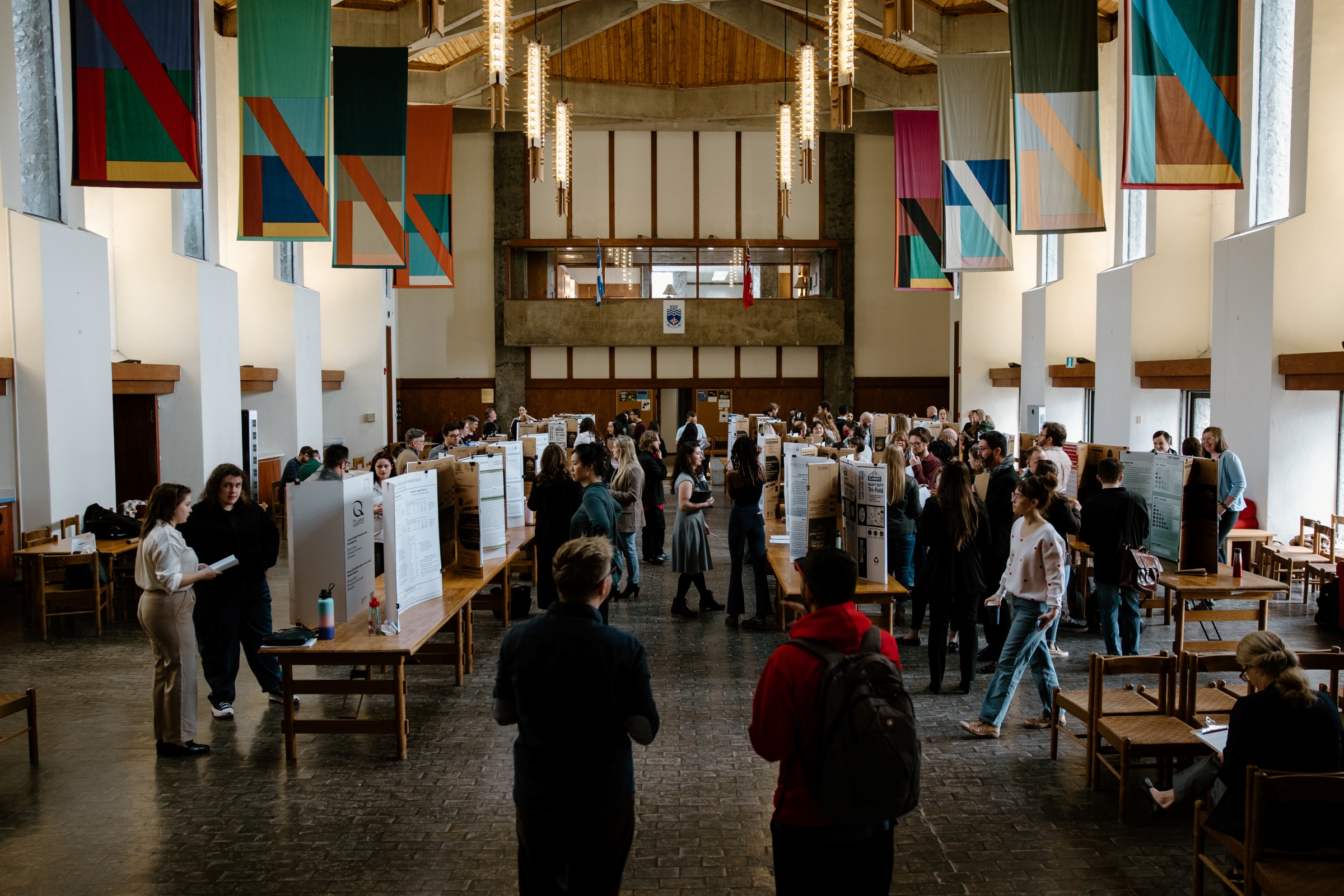Undergraduate Students
What can you do with an Undergraduate degree in Psychology?
An undergraduate degree in Psychology prepares students for many interesting and rewarding careers that involve working with people. In your Psychology classes at Trent, you will develop skills that many employers look for in potential employees. These skills include problem solving, interpersonal relations, critical thinking, writing proposals, interviewing, research and organizing information, data collection, and data analysis.
With these skills, Psychology graduates are able to obtain jobs in business (e.g., personnel manager, loans officer, retail sales manager, occupational analyst, industrial relations specialist, claims specialist, and marketing representative) and in social services (e.g., child care worker, events and recreation director, group home attendant, case worker, probation officer, admissions counsellor, youth counsellor, employment counsellor, social service aide, social-urban planner, community relations officer, vocational rehabilitation counsellor, and day care supervisor).
Notable accomplished Trent Psychology Alumni include Dr. James Orbinski, founder and past president of Médecins Sans Frontières/ Doctors Without Borders (MSF), and the Honorable Maryam Monsef, former Federal Cabinet Minister.
Graduate Students
What can you do with a Graduate degree in Psychology?
Graduate programs in psychology permit students to specialize within one or more areas of the discipline. This specialization allows students to develop further the research skills necessary to contribute to the knowledge base of the discipline through basic research and/or to develop the skills necessary for the application of psychological knowledge and principles. Students pursuing graduate degrees, such as the PhD, with a view to developing their basic research skills and contributing to the acquisition of knowledge, are typically employed in colleges and universities as teachers and researchers.
Those intending to focus on the application of knowledge may be employed in settings such as business, corrections, government, hospitals, industry, market research, private practice, schools, social service agencies, etc. The scientist-practitioner, who combines these two orientations, may be employed in university/ teaching hospitals or in colleges and universities as teachers and researchers who are involved in consultant work with business, education, government agencies, etc.

